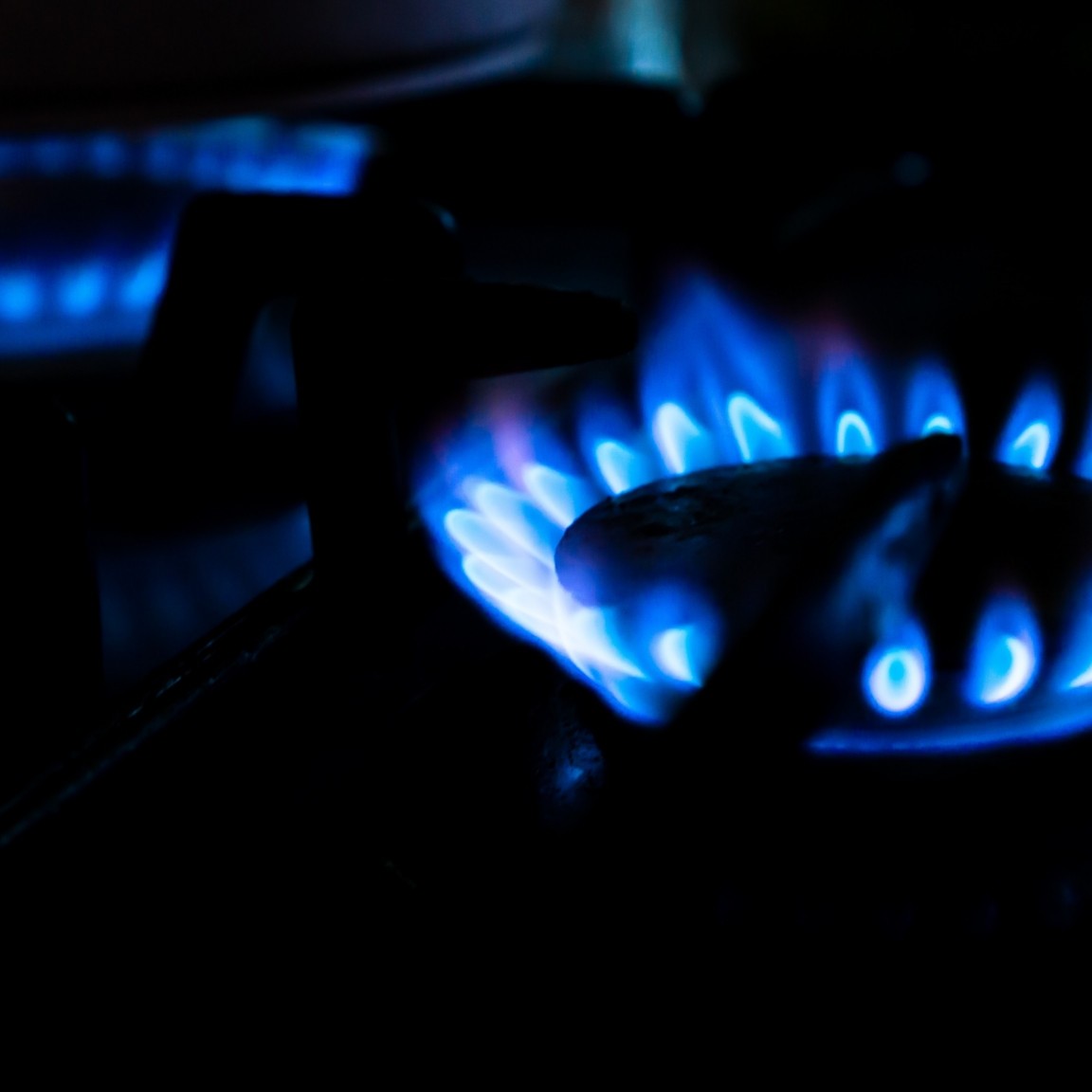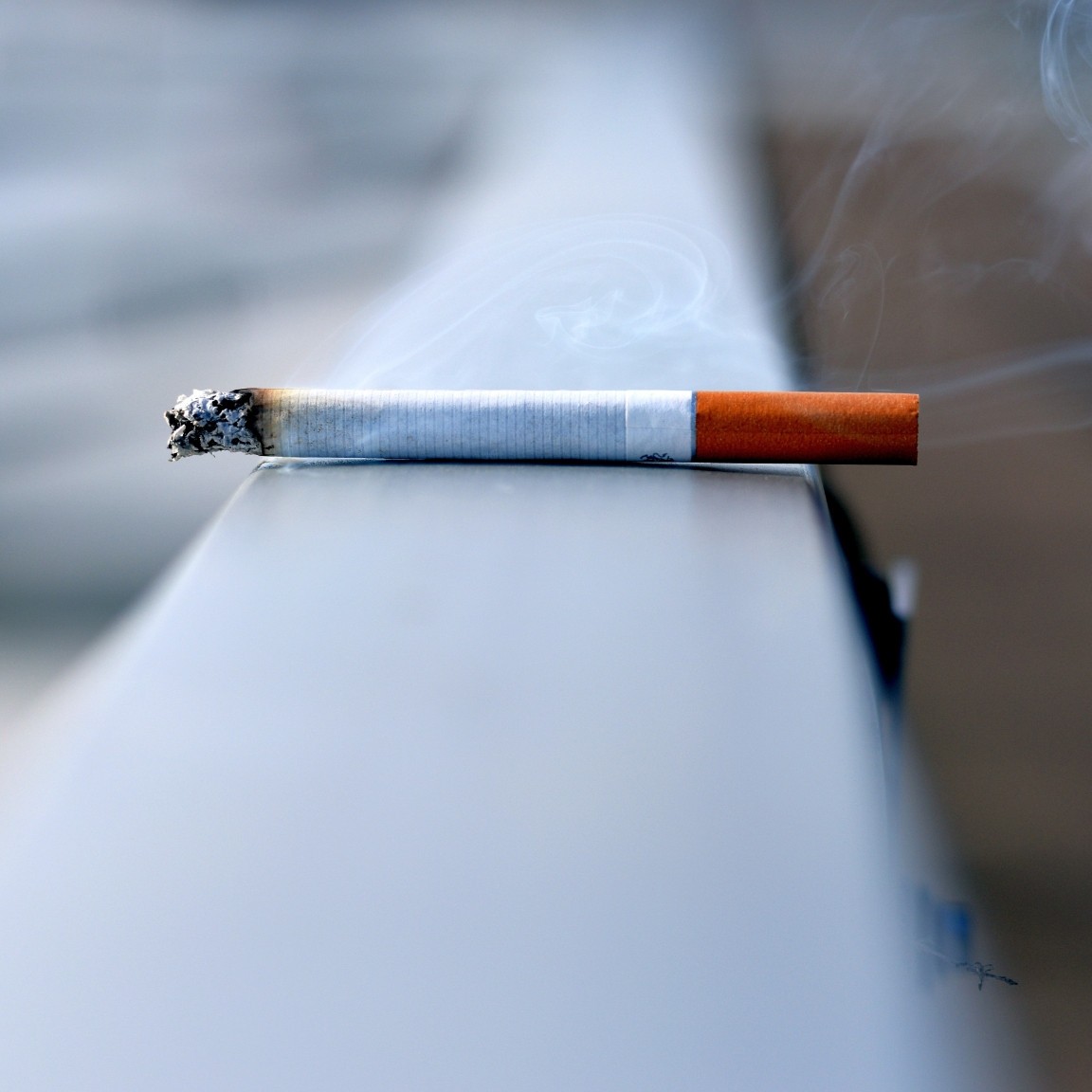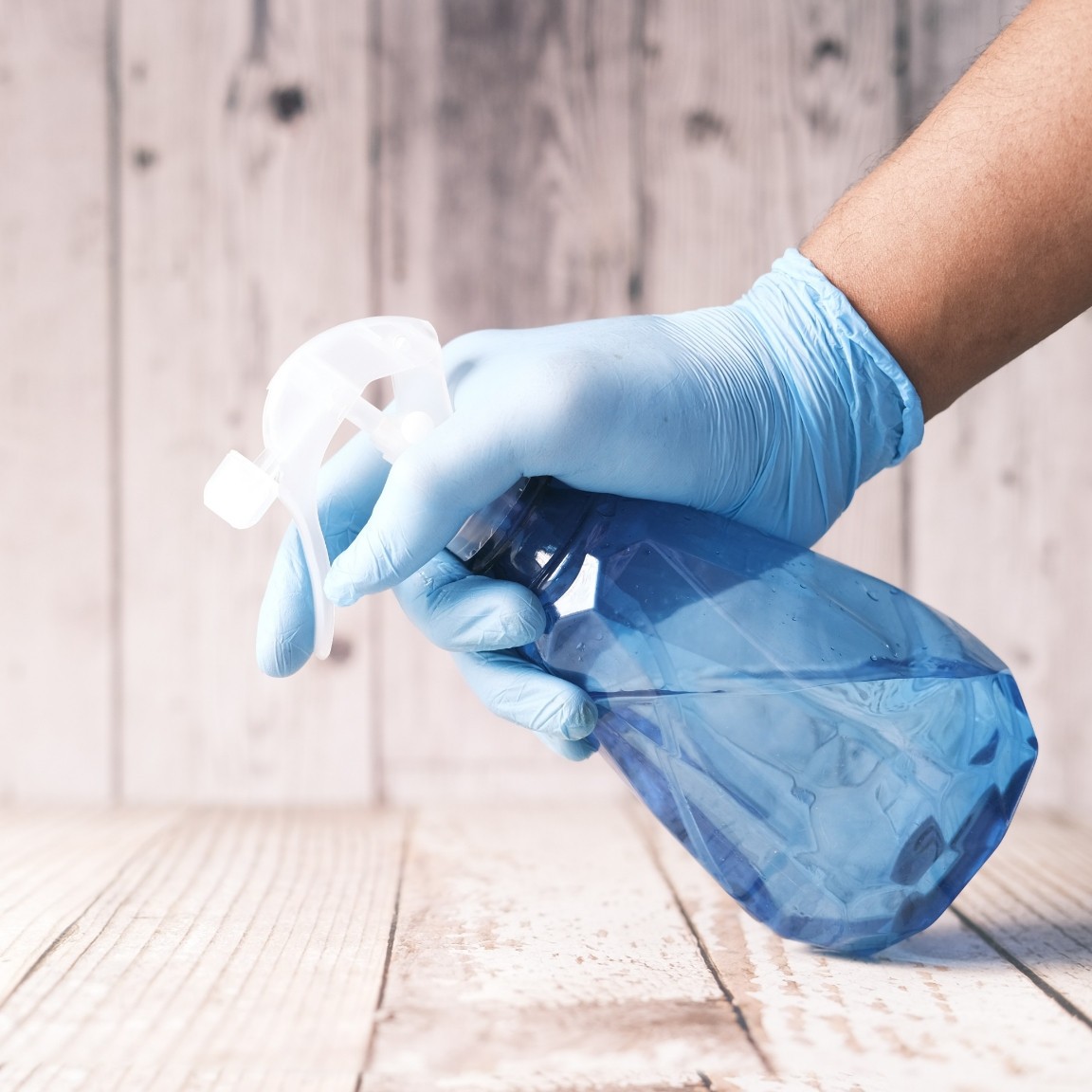What can I at home?
“People wrongly assume that because they are inside, away from traffic, the air is clean and safe but it’s really important that we understand, particularly now we’re seeing people spending so much time indoors, that indoor air is typically around 2-5 times worse than outdoor air.” Source: nuaire.co.uk
Reading this website shows how air quality deeply affects your health. Research by Jordans Farm Partnerships suggested many of us might spend up to 90% of our time indoors.




